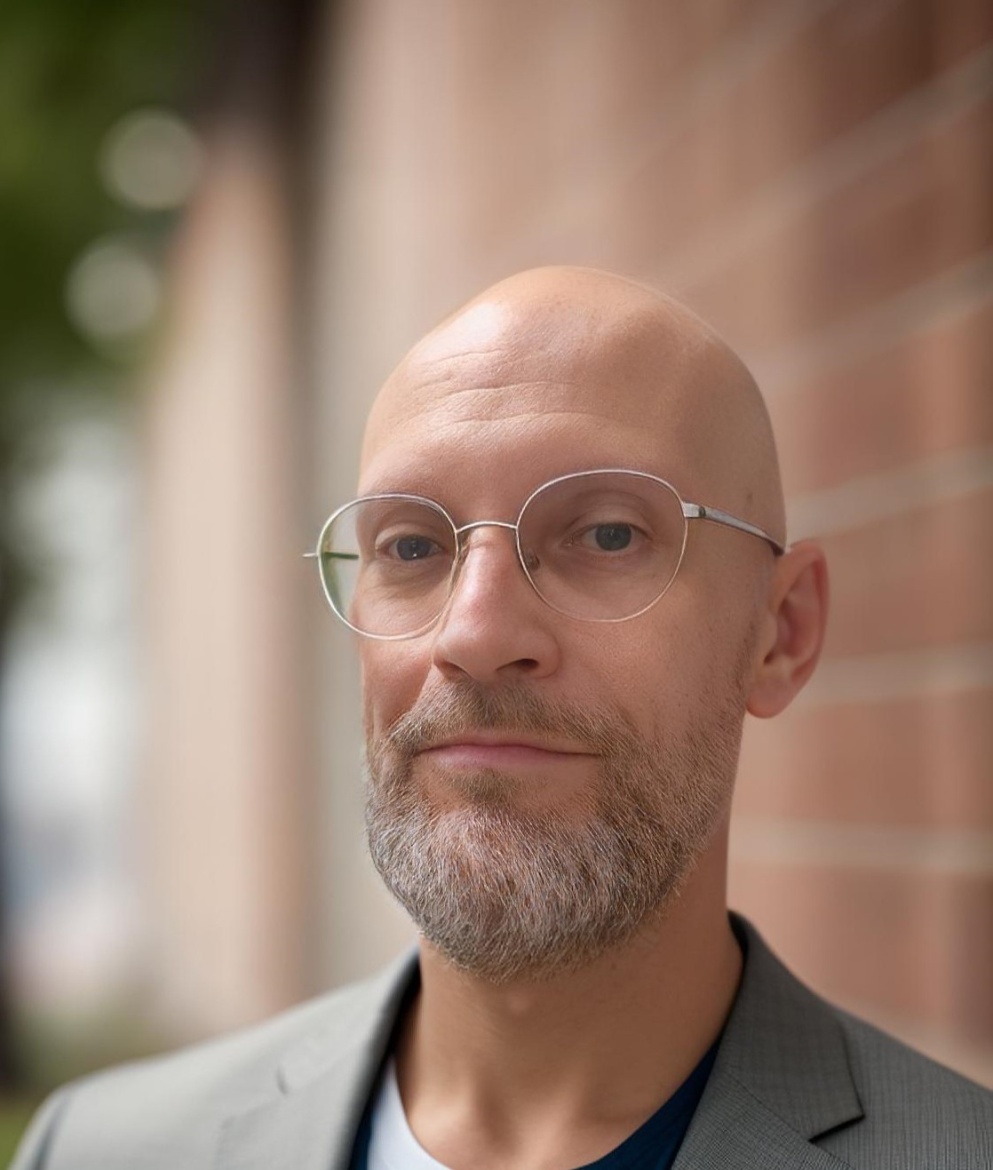In August 2004 CMF was approached by a member about a government consultation on denying access to primary care for failed asylum seekers. [1] This followed the Department of Health ruling in April 2004 that those classed as 'not lawfully resident' in the UK, including vulnerable migrant groups such as those whose claims for asylum had been rejected, were no longer eligible for free NHS hospital care. [2] Although this decision was overturned by a judicial review in April 2008, [3] the government was evidently working towards excluding from all but emergency healthcare all those who had failed asylum claims (or had appeals pending).
The reasons for this are not clear, but it seems in part to have been about stopping so-called 'health tourism', ie non-UK nationals seeking residence in the UK in order to access free healthcare. However, in the process, this proposal would also have left no recourse to even basic primary healthcare to a vulnerable group of people, already without access to housing, work or benefits. Along with a number of organizations and several individual CMF members, CMF responded corporately, strongly expressing concern about these proposals. We raised objections in several areas: [4]
Professional objections
The first line of the General Medical Council's Duties of a Doctor is 'make the care of your patient your first concern'. [5] By requiring doctors to determine who is eligible to be treated, these proposals would require GPs intentionally to withhold treatment in order to check a patient's eligibility, thus putting them in breach of Duties of a Doctor and therefore liable to a charge of serious professional misconduct by the GMC. Conversely, if they observed the GMC's requirements they would be in breach of the law. This created an unacceptable professional dilemma.
Ethical and legal objections
Asylum seekers' primary reason for coming to the UK is to seek refuge from difficult situations in their home countries – persecution, war, threat of death or unjust imprisonment, etc. Exact figures are uncertain, but there are probably more than 40,000 failed asylum seekers, scattered throughout the UK. [6] This is a significant commun ity, and includes the elderly, pregnant women, children, and people with a variety of chronic or infectious health problems. The current regulations mean that these people are not entitled to housing, benefits, or work, thus making them very likely to be living in poverty, in poor and overcrowded housing, or on the streets.
Furthermore, it is questionable whether failed asylum seekers are not 'ordinarily resident' in the UK – the legal foundation upon which the denial of access was to be based. The case for the existence of ' health tourism' has not been proved, [7], so we questioned firstly why these proposals were being considered at all, and secondly what was the legal basis on which failed asylum seekers were being included within the proposals? This point was upheld in the judicial review by Mr Justice Mitting in April 2008, which found failed asylum seekers to be 'ordinarily resident' and thus eligible for free NHS hospital care. [8]
In terms of international law the proposals were also highly questionable, as the government would be violating the right of failed asylum seekers to the highest attainable standard of health, a s guaranteed by the International Covenant on Economic, Social and Cultural Rights. [9]
Public health objections
Children were not explicitly mentioned in the proposals. Denying access to primary care would mean a growing population of potentially unimmunized children – with all the implications this would have levels of 'herd immunity' for common childhood diseases in the general population.
Furthermore, there were serious concerns raised about infectious diseases, particularly tuberculosis and HIV/AIDS. If failed asylum seekers were denied access to primary care, the chance to detect such conditions early would be lost. This could increase public exposure to individuals with infectious TB, and mean that it would only be detected in the later stages when it required emergency treatment. Full access to primary care serves a fare more effective public health function than specialist treatment facilities, is better for the patient, and is likely to be more cost-effective.
Biblical objections.
The Bible acknowledges the detrimental impact of being forced to leave one's country. [10] Large parts of the Old Testament deal with the reality of exile and being a refugee. The Penataeuch in particular consistently affirms that God's people have a duty towards the foreigners in the midst. [11]
As Christians we believe we have a particular responsibility, duty and privilege to care for the vulnerable and those who are in need, as if they were Jesus himself. [12] He himself was a refugee. [13] Surely our duty must include those in our country who have fled their homeland, and whose status as asylum seekers ('failed' or otherwise) renders them particularly vulnerable?
Therefore any steps that force us as Christians and as doctors not to treat or care for vulnerable people, such as failed asylum seekers, cannot be seen as righteous or just. We thus have a duty to stand up and speak out on their behalf. [14]
What happened to these protests?
After making these arguments, we heard nothing further for almost four years. However, early in 2008, we were contacted by Medsin, [15], a campaigning group of medical students who had been trying to find out what had happened to the proposals. Applying under the Freedom of Information Act, they had been denied access to the results of the consultation, who were now approaching those organization who had been involved with the consultation for permission to publish their responses.
When they published their findings [16] it was apparent that almost everyone consulted had raised the same sets of objections and deep concerns about the proposals as had CMF. [17] Consequently the Department of Health finally and publicly withdrew all plans to exclude failed asylum seekers from primary care this October, [18] although they are still appealing the judicial review on secondary care.
The encouragement for all of us is that if we raise our voices together, we can successfully challenge unjust legislation and policies.
































